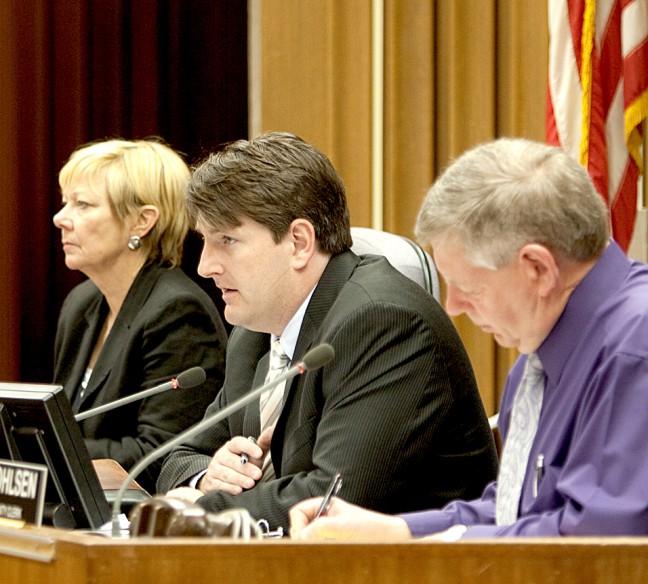The Dane County Board of Supervisors passed a resolution that prevents the county from making contracts with agencies at any level — federal, state or local — that enforces the Wisconsin 1849 abortion ban. According to the Cap Times, the resolution imposes budget control policies that could broadly impact funding.
The Wisconsin ban does not include criminal penalties for receiving an abortion. Instead, it focuses on punishments for abortion providers. Gov. Tony Evers, however, vowed to protect anyone charged under the ban.
Wisconsin Attorney General Josh Kaul and several other county district attorneys said they would not be enforcing the abortion ban. In fact, officials are not even sure if the ban is enforceable since it hasn’t been enforced for 49 years.
While the abortion ban is not okay, current Wisconsin officials don’t seem to have any plans to enforce it. While local and federal agencies may still administer the ban, the lack of enforcement at the state level makes the ordinance somewhat counterproductive.
There are already concerns about Dane County’s upcoming budget. Even if the county adds no expenses in the upcoming year, it will still cost millions to break even. The budget covers everything from the upkeep of the Dane County Regional Airport to compensation for public employees and criminal justice.
Depending on how much revenue is reliant on contracts with abortion ban-enforcing agencies, it is possible that the county will struggle to make up budget deficits in years to come.
The county’s resolution is a statement on their stance on reproductive rights and an attempt to keep a woman’s choice private between her and her doctor. Unfortunately, it is ineffective in prompting the state to address the root of the problem or repeal the abortion ban.
Gov. Evers has made it very clear that — at least for now — there will be no criminal repercussions for obtaining an abortion, so the resolution doesn’t make sense when Dane County’s financial stability could be risked.
Dane County won’t get anywhere by simple opposition. This is not necessarily a two-sided issue. Whether government officials are pro-life or pro-choice is irrelevant. The government can still pledge to allow citizens the right and autonomy to make their own decisions on the matter. Dane County could focus on going down this third path — taking personal convictions on the issue out of the legislation.
The only way to rectify the issues in the country regarding a person’s right to choose is to entirely cut the government out of the picture. This would give women the absolute and final say on making health decisions for their own bodies.
The overturning of Roe v. Wade dictated that under the Tenth Amendment the decision of legality should be returned to the state governments. In most states in the country, however, there is no majority saying abortion should be legal or illegal, according to Pew Research. This means most people are not represented by the state laws whether they choose to permit or prohibit abortions.
As such, an even more productive step for a governmental agency to make would be to get out of the decision-making process entirely. In this case, women would be free to make decisions that are right for them, instead of having to abide by laws that are not representative of their personal beliefs.
The ordinance is not the most effective way of protesting the abortion ban in Wisconsin, as it puts at risk crucial funding for Dane County. A public statement condemning the abortion ban would accomplish a similar goal without prohibiting potentially necessary contracts with abortion ban-enforcing agencies.
Wisconsin’s abortion ban should be challenged. But without present plans to enforce it in the state, the ordinance may do more harm than good.
Jessica Lewin (jrlewin2@wisc.edu) is a junior studying journalism and philosophy.


